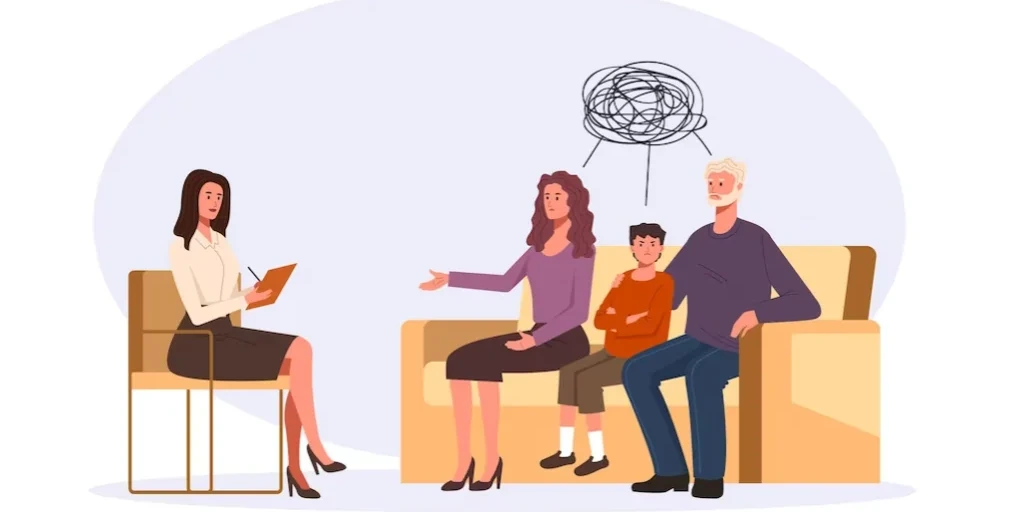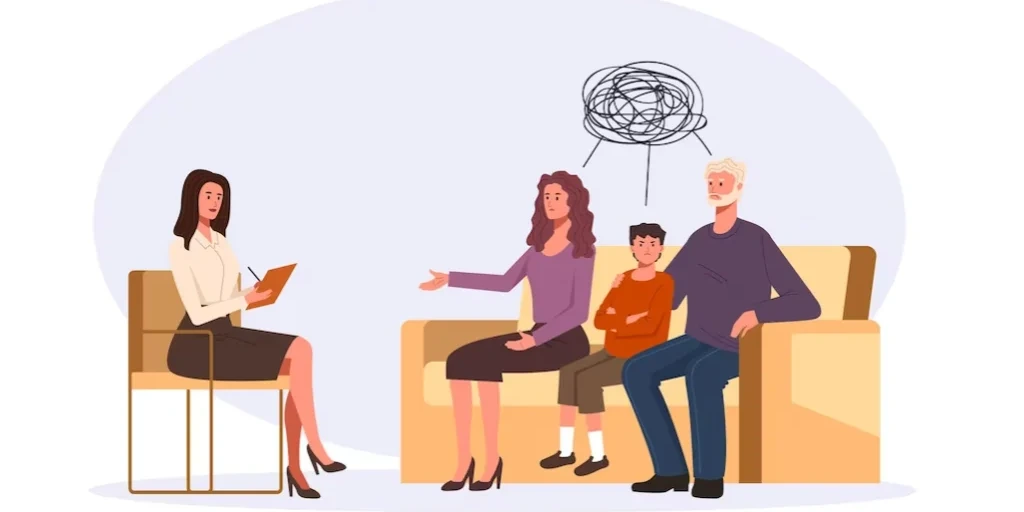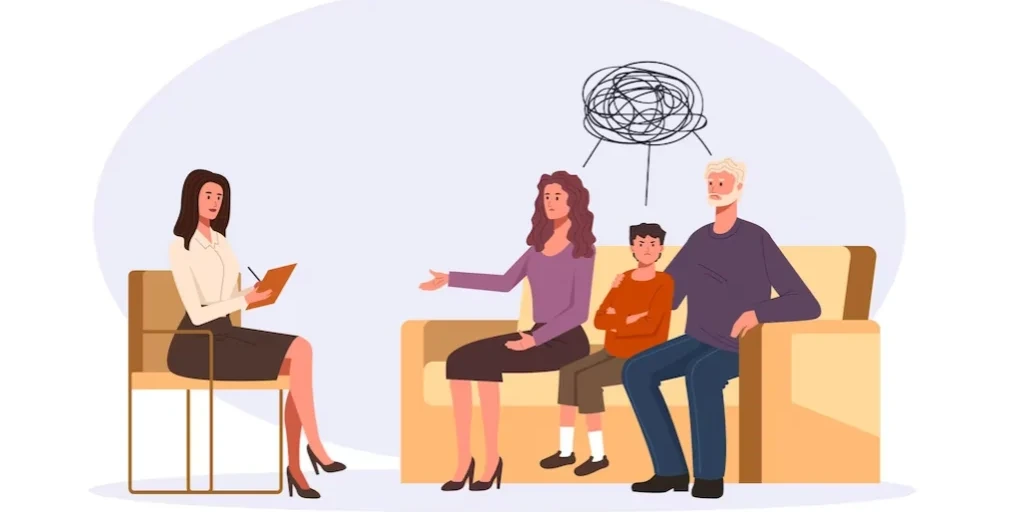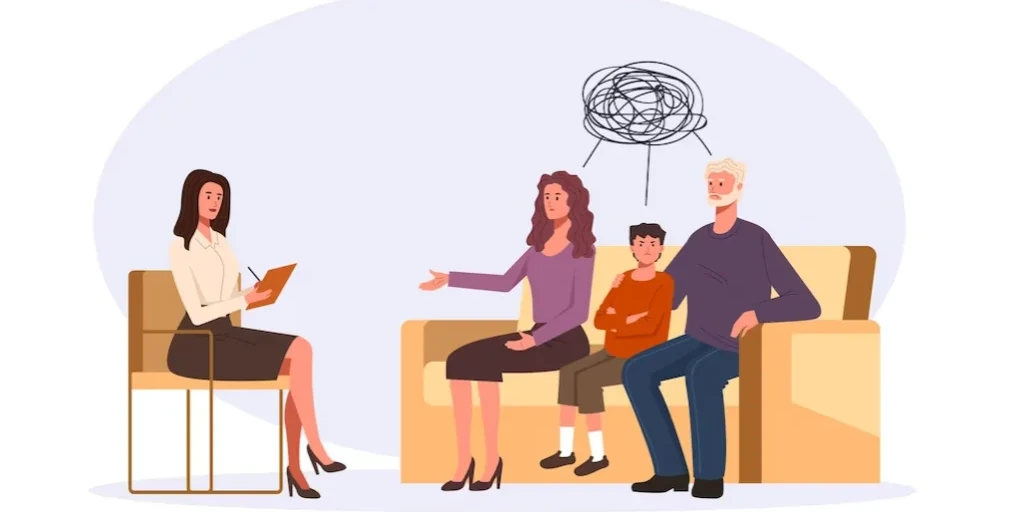24/7 Helpline:
(866) 899-221924/7 Helpline:
(866) 899-2219
Learn more about Dual Diagnosis Rehab centers in Imperial County
Dual Diagnosis Rehab in Other Counties

Other Insurance Options

Cigna

BlueCross

Molina Healthcare

Evernorth

UnitedHealth Group

Regence

MVP Healthcare

Lucent

Absolute Total Care

Health Partners

Ambetter

BlueShield

Access to Recovery (ATR) Voucher

CareSource

Magellan

Covered California

PHCS Network

Premera

EmblemHealth

Magellan Health

Imperial County Behavioral Health Services – Adult Outpatient
Imperial County Behavioral Health Services - Adult Outpatient provides a wide array of services for ...

Imperial County Behavioral Health Services – Children Outpatient
Imperial County Behavioral Health Services - Children Outpatient is committed to serving children an...

Imperial County Behavioral Health Services – MHSA Programs
Imperial County Behavioral Health Services - MHSA Programs provides children and adolescents with th...







































































Quechan Indian Tribe – Alcohol Drug Abuse Prevention
Quechan Indian Tribe provides education and treatment to youth between 12-18 years of age through it...

Imperial County Behavioral Health Services – Adolescent & Adult
Imperial County Behavioral Health Services - Adolescent & Adult provides services to youth ages 12-2...

Action Rehabilitation Centers
Action Rehabilitation Centers is a private rehab located in El Centro, California. Action Rehabilita...

Sober Roads
Sober Roads is a counseling office offering substance abuse treatment including individual and group...

Turning Point Men’s Home
Turning Point Men’s Home is a private rehab located in Holtville, California. Turning Point Men’s Ho...

Imperial County Behavioral Health Services – Children Outpatient
Imperial County Behavioral Health Services - Children Outpatient is committed to serving children an...

Imperial County Behavioral Health Services – Anxiety & Depression – Brawley
Imperial County Behavioral Health Services - Anxiety & Depression provides services to individuals d...

Imperial County Behavioral Health Services – Children Outpatient
Imperial County Behavioral Health Services - Children Outpatient is committed to serving children an...

Imperial County Behavioral Health Services – FRC
Imperial County Behavioral Health Services - FRC is committed to serving children and adolescents wi...

Imperial County Behavioral Health Services – RCP Outpatient
Imperial County Behavioral Health Services - RCP Outpatient provides services to individuals diagnos...

Imperial County Behavioral Health Services – Anxiety & Depression – El Centro
Imperial County Behavioral Health Services - Anxiety & Depression provides services to individuals d...

Imperial County Behavioral Health Services – Anxiety & Depression – Calexico
Imperial County Behavioral Health Services - Anxiety & Depression provides services to individuals d...

AA – Alcoholics Anonymous
AA – Alcoholics Anonymous is a non-profit rehab located in Imperial, Missouri. AA – Alcoholics Anony...
































































































































































